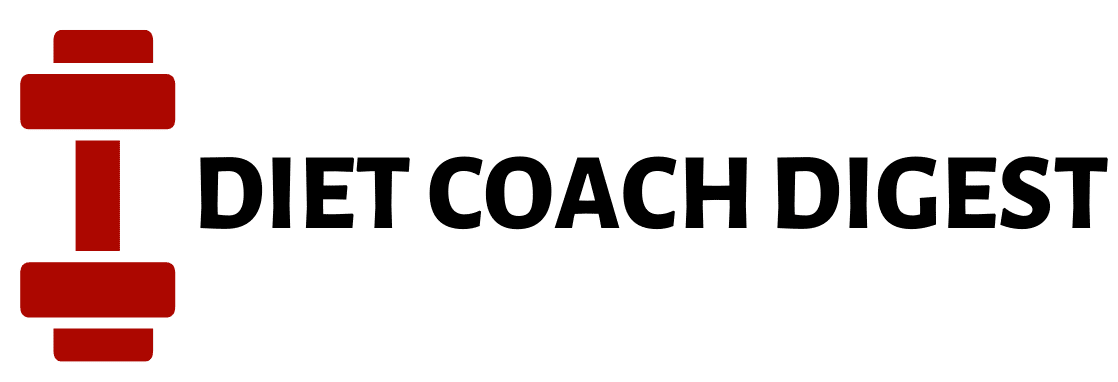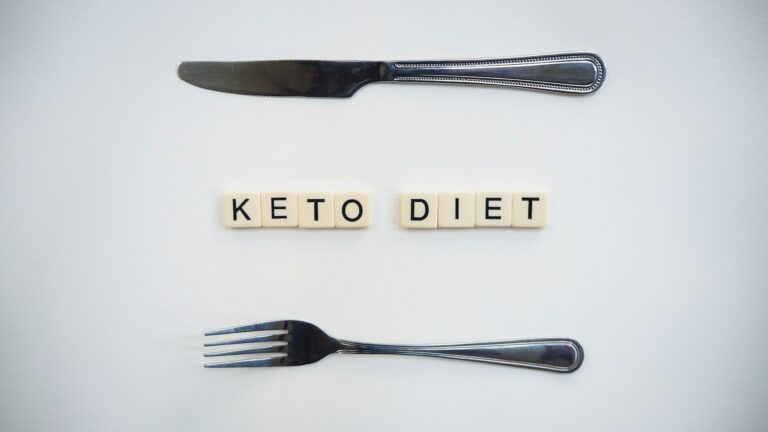The Link Between High Blood Pressure and Kidney Health
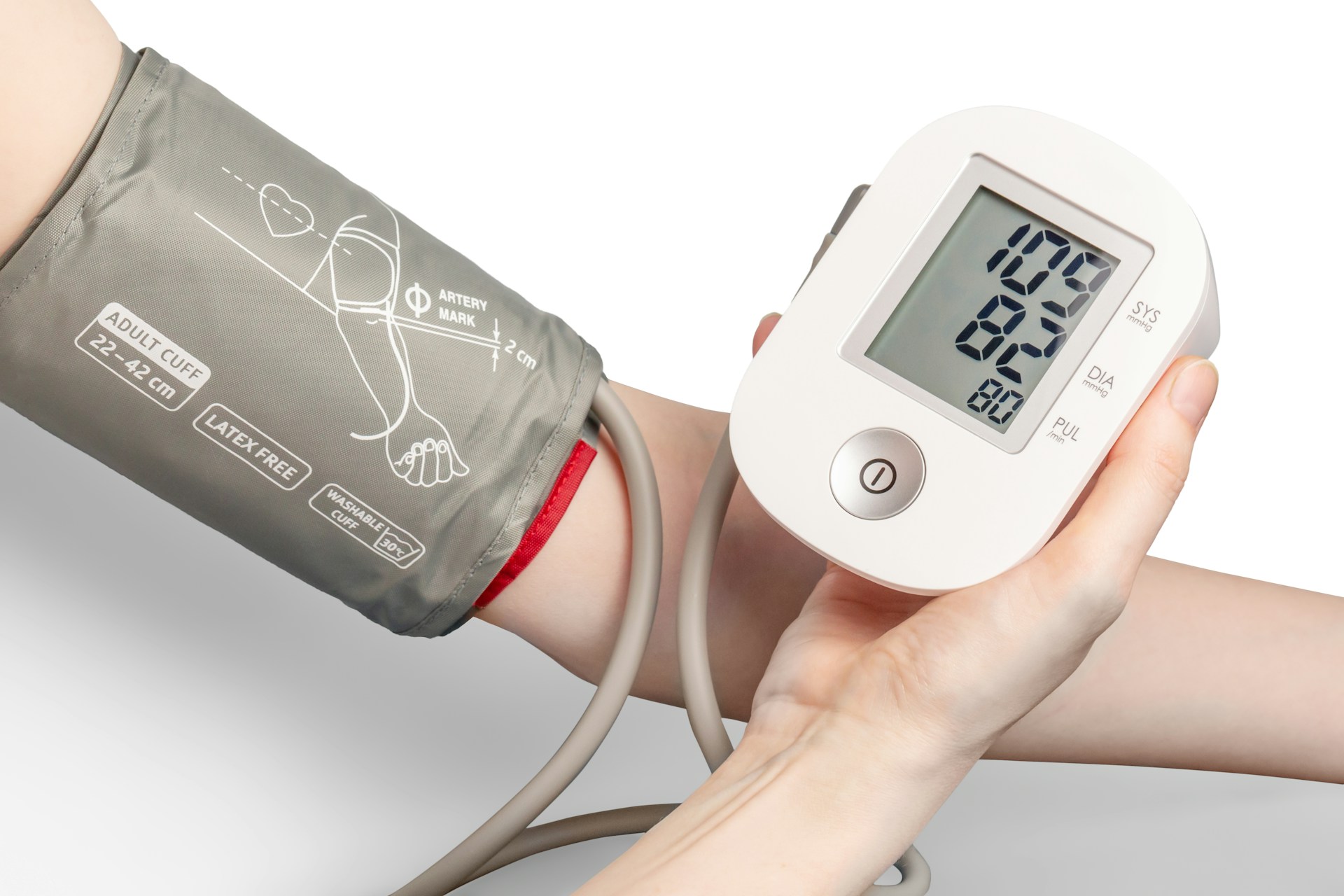
- Should You Train To Muscle Failure Every Set? What You Need To Know - March 4, 2025
- Nutrition in a Hurry: Top Post-Workout Snacks for Active People - February 20, 2025
- 15 Healthy Meal Prep Recipes: Your Weight Loss Made Easy - February 18, 2025
In “The Link Between High Blood Pressure and Kidney Health,” you’ll explore how the two are interconnected and why maintaining your blood pressure is crucial for your kidneys. High blood pressure can place extra strain on your kidney’s blood vessels, making it harder for them to filter waste effectively. By understanding this relationship, you can take proactive steps to manage your blood pressure, thereby safeguarding your kidney health and improving your overall well-being. Let’s dive into the details of how these vital organ systems work together and how you can keep them in optimal condition. Have you ever wondered how high blood pressure could impact your body beyond just your heart? If you’ve been curious about the broader implications of hypertension, especially concerning kidney health, you’re in the right place. Elevating your understanding of this crucial relationship can help you take better care of your overall health.
Understanding High Blood Pressure
High blood pressure, also known as hypertension, is a condition where the blood pressure in your arteries is consistently too high. This silent, yet dangerous condition can lurk without symptoms for years, gradually causing damage to your body.
What Is Blood Pressure?
Blood pressure measures the force with which your blood pushes against the walls of your arteries. It is typically represented using two numbers: systolic and diastolic pressures.
- Systolic Pressure: This is the top number, indicating the pressure in your arteries when your heart beats.
- Diastolic Pressure: This is the bottom number, indicating the pressure in your arteries when your heart is at rest between beats.
For example, if your blood pressure is 120/80 mmHg, 120 represents the systolic pressure, and 80 represents the diastolic pressure. A normal blood pressure range is generally considered to be less than 120/80 mmHg.
Causes of High Blood Pressure
High blood pressure can result from numerous factors, many of which are within your control. These may include:
- Unhealthy Diet: Excessive salt, fat, and cholesterol in your diet can increase your risk.
- Lack of Physical Activity: A sedentary lifestyle contributes to weight gain and hypertension.
- Obesity: Extra weight requires more blood to supply oxygen and nutrients to your tissues, increasing pressure on your arteries.
- Smoking and Alcohol Consumption: These habits can elevate your blood pressure temporarily and damage your artery walls over time.
- Stress: Repeated stress can lead to temporary increases in blood pressure.
Symptoms and Diagnosis
The problem with high blood pressure is its silent nature. It’s often called the “silent killer” because most people don’t experience any signs until the damage has already been done. However, some people may experience symptoms like headaches, shortness of breath, or nosebleeds, but these are not specific and usually occur when hypertension has reached a severe or life-threatening stage.
Routine check-ups can help diagnose high blood pressure early. A healthcare professional typically uses a sphygmomanometer to measure your blood pressure. If readings consistently show elevated levels, you may be diagnosed with hypertension.
The Role of the Kidneys in Your Body
Before delving into the impacts of high blood pressure on the kidneys, it’s essential to understand the crucial roles these bean-shaped organs play in your body.
Functions of the Kidneys
- Filtering Waste: Kidneys filter waste products and excess substances from the blood, producing urine.
- Regulating Blood Pressure: Kidneys produce the enzyme renin, which plays a key role in regulating blood pressure.
- Balancing Fluids and Electrolytes: They maintain the balance of fluids and electrolytes like sodium and potassium in your body.
- Producing Hormones: Kidneys release hormones like erythropoietin, which stimulates the production of red blood cells, and calcitriol, the active form of vitamin D.
How the Kidneys Work
Each kidney contains around one million tiny filtering units called nephrons. Each nephron includes a filter (glomerulus) and a tubule. The glomerulus lets fluid and waste products pass through, preventing blood cells and large molecules from draining. The tubule sends required substances back and removes excess waste.
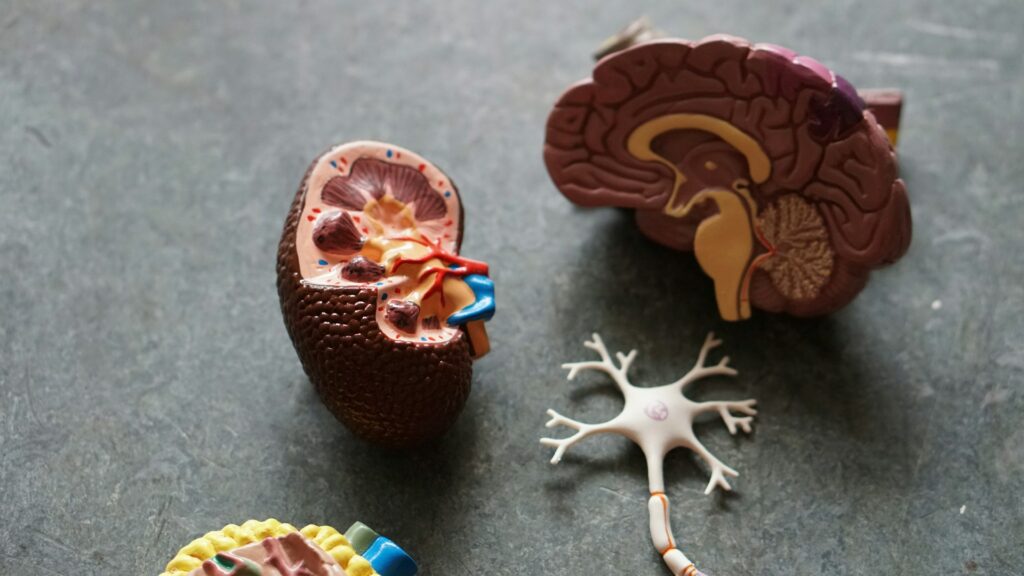
How High Blood Pressure Affects the Kidneys
High blood pressure puts excessive force on your blood vessels, including those in your kidneys. Over time, this strain can cause kidney damage, reducing their ability to filter waste and balance fluids effectively.
Damage to Kidney Blood Vessels
High blood pressure can damage the blood vessels in your kidneys over time. Here’s how:
| Damage Type | Impact on Kidneys |
|---|---|
| Narrowed Arteries | Hypertension causes blood vessels to thicken and narrow, limiting the blood flow. |
| Weakened Arteries | The walls of blood vessels can weaken and form aneurysms, risking rupture and damage. |
| Damaged Filters | Elevated pressure damages the glomeruli, reducing your kidneys’ filtering ability. |
Chronic Kidney Disease (CKD)
Chronic Kidney Disease can develop from high blood pressure. CKD is a long-term condition where your kidneys don’t function effectively. Progresses through stages, from mild damage (Stage 1) to kidney failure (Stage 5).
Kidney Failure
Untreated CKD can lead to kidney failure, requiring dialysis or a kidney transplant for survival. The risk increases with uncontrolled high blood pressure, highlighting the importance of management.
Symptoms of Kidney Damage Due to High Blood Pressure
Early-stage kidney damage often has no obvious symptoms. As the condition progresses, symptoms become more noticeable.
Early Symptoms
In the initial stages, you might notice:
- Fatigue and Weakness: Decreased red blood cell production can cause anemia, leading to fatigue.
- Swelling: Fluid retention can cause swelling in your ankles, feet, or face.
- Changes in Urination: Increased frequency, especially at night, or changes in color and consistency.
Advanced Symptoms
In more advanced stages, symptoms might include:
- Nausea and Vomiting: Accumulation of waste products in your blood (uremia) can cause gastrointestinal distress.
- Loss of Appetite: The presence of toxins in your blood can reduce appetite.
- Muscle Cramps and Twitching: Electrolyte imbalances, specifically low calcium or high phosphorus levels, can cause muscle cramps.
- Chest Pain: Due to fluid accumulation around the lining of the heart (pericardium).
Understanding these symptoms can give you an early indicator to seek medical help and potentially slow down or prevent further damage.
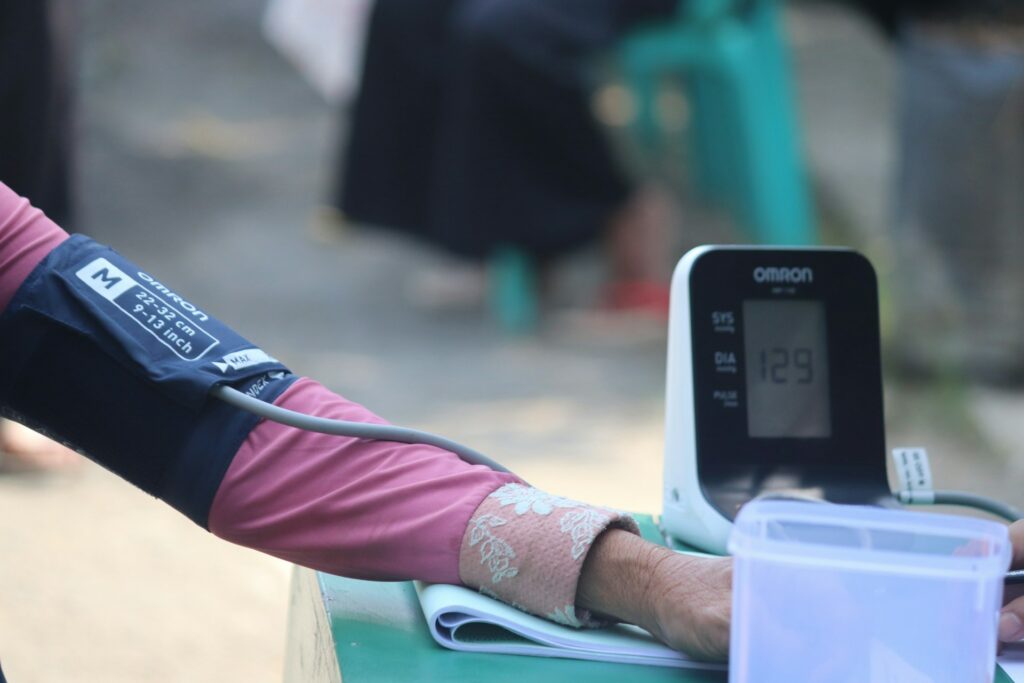
Preventative Measures and Management
Fortunately, controlling high blood pressure and taking preventative measures can significantly reduce the risk of kidney damage. Here’s how you can take proactive steps:
Lifestyle Changes
Your lifestyle plays a significant role in managing high blood pressure:
- Healthy Diet: Adopt a DASH (Dietary Approaches to Stop Hypertension) diet rich in fruits, vegetables, whole grains, and low-fat dairy. Reduce sodium, saturated fats, and cholesterol.
- Regular Exercise: Aim for at least 150 minutes of moderate-intensity weekly exercise. Activities like walking, cycling, or swimming are excellent choices.
- Weight Management: Maintain a healthy weight. Even a small weight loss can help reduce your blood pressure.
- Limit Alcohol and Quit Smoking: Excessive alcohol and smoking can raise blood pressure. Limiting or eliminating these habits can improve your health.
- Stress Management: Practice relaxation techniques like meditation, deep breathing exercises, or yoga.
Regular Monitoring
Frequent blood pressure monitoring can help you and your healthcare provider make timely adjustments to your treatment plan.
Medication
Several medications can help control high blood pressure. It’s essential to take your medications as prescribed by your healthcare provider.
| Medication Type | Function |
|---|---|
| Diuretics | Help remove excess sodium and water to lower blood pressure. |
| ACE Inhibitors | Relax blood vessels by blocking the formation of a natural chemical that narrows blood vessels. |
| Angiotensin II Receptor Blockers (ARBs) | Help blood vessels relax by blocking the action, not the formation, of a natural chemical that narrows blood vessels. |
| Calcium Channel Blockers | Relax the muscles of your blood vessels. |
Consult your healthcare professional to determine which medication or combination is right for you.
The Importance of Hydration
Interestingly, staying well-hydrated is vital for both your kidneys and blood pressure. Dehydration can increase blood viscosity, making it harder for your heart to pump and raising blood pressure. Aim for 8-10 glasses of water a day but consult with your healthcare provider for recommendations tailored to your needs, especially if you have kidney issues.

The Role of Diet in Kidney Health
Food plays a pivotal role in controlling both blood pressure and kidney health. Here are key dietary adjustments you can make:
Sodium Reduction
Excessive sodium can raise your blood pressure by causing your body to retain water, increasing the volume of blood your heart has to pump. Aim to limit your sodium intake to less than 2,300 mg per day, with an ideal target of 1,500 mg for those with hypertension.
Potassium
Potassium can help counteract the effects of sodium, easing tension in blood vessel walls and lowering blood pressure. Include potassium-rich foods like bananas, oranges, and spinach in your diet unless you are advised otherwise due to kidney disease.

Phosphorus and Calcium
Balancing phosphorus and calcium levels is vital for kidney health. High phosphorus levels can cause calcium to be leached from your bones, leading to weak bones and harmful mineral deposits in blood vessels. Avoid foods high in phosphates and take calcium supplements only under medical advice.
Protein Intake
While proteins are essential, too much can strain your kidneys, especially if they’re already compromised. Opt for quality protein sources like lean meats, fish, and plant-based proteins and consume them in moderation.
Exercising for Improved Kidney and Heart Health
Regular physical activity is a cornerstone of both cardiovascular and kidney health. It helps control your weight, strengthens your heart, and lowers your blood pressure, all of which reduce the strain on your kidneys.
Types of Exercises
- Aerobic Exercise: Activities like walking, jogging, or swimming can help improve heart and lung function.
- Strength Training: Lifting weights or resistance training can help build muscle mass and further support weight management.
- Flexibility and Balance: Yoga and stretching exercises enhance flexibility and reduce the risk of injury, improving overall well-being.
Creating an Exercise Plan
Start slow if you’re new to exercise, and gradually increase the intensity and duration. Aim for a balanced routine that includes all three types of exercises, consulting your healthcare provider for a plan tailored to your needs.
Regular Check-ups: A Preventative Approach
Regular medical check-ups are vital for monitoring your blood pressure and kidney function. Early detection and management of hypertension can significantly reduce the risk of kidney damage.
Key Medical Tests
Your healthcare provider may recommend several tests to assess your kidney function and blood pressure, including:
- Blood Pressure Monitoring: Regular checks to ensure your blood pressure stays within a healthy range.
- Blood Tests: Tests like serum creatinine and blood urea nitrogen (BUN) can indicate how well your kidneys are filtering waste.
- Urine Tests: Checking for the presence of protein or blood in your urine can be an early indicator of kidney damage.
- Imaging Tests: Ultrasounds or CT scans can provide a visual assessment of your kidneys’ structure and function.
The Psychological Aspect
Living with chronic conditions like high blood pressure and the risk of kidney damage can be mentally taxing. Stress and anxiety can also contribute to elevated blood pressure, creating a vicious cycle.
Mental Health Strategies
- Therapy and Counseling: Consider seeking professional help to manage anxiety, depression, or stress.
- Support Groups: Connecting with others who have similar conditions can provide emotional support and practical advice.
- Mindfulness and Relaxation: Techniques such as mindfulness meditation, deep-breathing exercises, or even hobbies that relax you can make a difference.
Working with Healthcare Professionals
Effective management of high blood pressure and kidney health often requires a multi-disciplinary approach. Working closely with your healthcare team ensures you receive comprehensive care.
The Role of Various Specialists
- Primary Care Physician: Manages general health and coordinates with specialists.
- Nephrologist: Focuses on kidney health and related conditions.
- Cardiologist: Specializes in heart health, crucial for managing high blood pressure.
- Dietitian: Provides personalized dietary plans that support both heart and kidney health.
Communication is Key
Keep an open line of communication with your healthcare team. Make sure to report any new symptoms or concerns promptly. Regular follow-ups are essential for adjusting treatments and medications to suit your evolving needs.
Conclusion
Understanding the link between high blood pressure and kidney health empowers you to take proactive steps toward managing your health effectively. Lifestyle changes, a balanced diet, regular exercise, and ongoing medical care can significantly reduce your risk of hypertension-induced kidney damage.
Making these adjustments not only supports your kidneys but also promotes overall well-being, enhancing your quality of life. The journey to better health might seem daunting, but each small step you take contributes to a healthier, more vibrant you. Stay informed, stay proactive, and remember, you have the power to make a positive difference in your health trajectory.
Table of Contents
